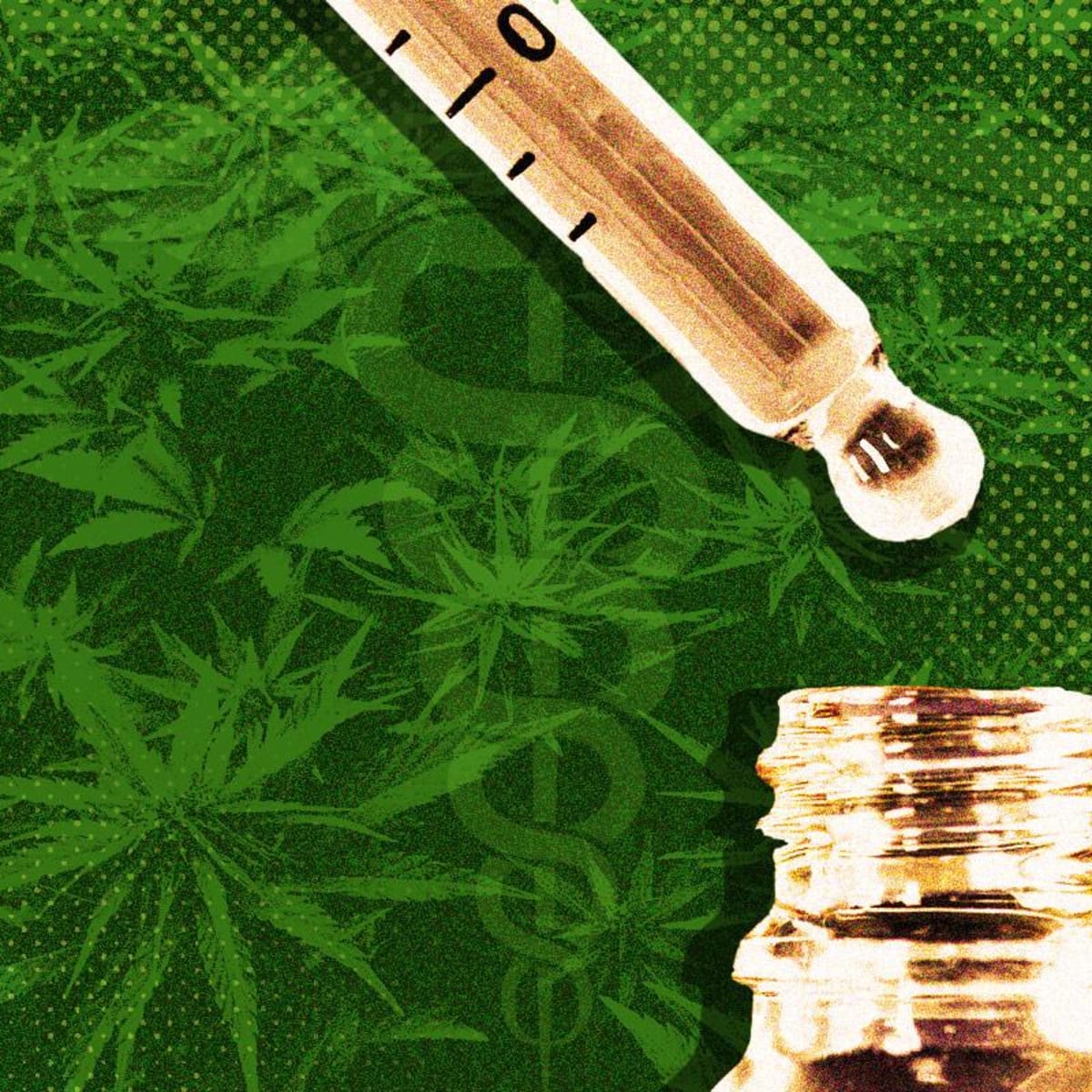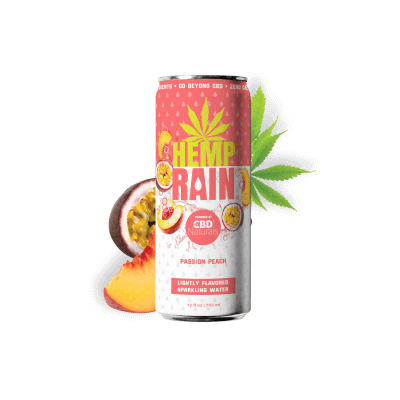
The most popular way to get CBD in Austin is through CBD-infused candy, lollipops, or gummies. They're just like the candy aisle at your grocery store. They are fun, delicious, and tasty! There are a few things that you need to know about CBD oil's legal status in Texas. Learn more about CBD chocolate chip cookies, and CBD-infused candy. Here are some important things to remember when you shop for CBD-infused gummies in Austin.
Cannabinoids melt in edibles
When cannabinoids in edibles melt, they're usually a sign of quality. Too hot or too exposed to direct sunlight can cause edibles to melt and lose their THC content. They should be kept in cool, dry conditions once they have melted. Here are some ways to avoid this. Find out how edibles can become toxic.
The melting of edibles can lead to too high vaporization temperatures for CBD or THC. This could make edibles ineffective. The effects of edibles need not be melted. Even though cannabis edibles are not able to melt, they should still remain safe to consume. However, don't try to leave your melted edibles in a hot car.

Texas has legalized CBD oil
CBD oil that contains less than 0.3% of THC, is legal in Texas. There are some things to be aware of when using CBD oil in Texas. A high level of THC could result in a felony drug conviction, while a lower concentration would not be illegal. The only way to know if CBD oil is legal in Texas is to check the certificate of analysis. This information is not available from all manufacturers.
Texas has recently passed new CBD laws. These laws protect the public from the illegal sale and manufacture of hemp-based items. Despite these laws, CBD oils are still not completely legal in Texas. The First Assistant District Attorney of Texas has ruled selling CBD oil with THC a misdemeanor. But this law does not match the federal one. The state's First Assistant District Attorney has ruled that only certain CBD oils can be used for medical purposes. Therefore, it is illegal for anyone to purchase or use CBD Oil without a doctor’s authorization.
Where to buy edibles in Austin
Looking for cannabis shops in Austin, Texas? The city has many places where you can purchase edibles. There are several CBD shops in Austin that cater to cannabis patients. Greenwave Naturals is open Monday to Friday, 10am-6pm, Saturday and Sunday, 11am-5pm. MaryJae CBD opens Tuesday through Thursday, noon to 6pm. Closed weekends at 7pm.
Though edible marijuana is a popular form of high, it's illegal in many states. Although edibles can have many health benefits and are legal in Texas, marijuana is still illegal. THC edibles are illegal in Texas. You will be punished severely if you do. Austin has legalized edibles, but they are not as potent as the smoked version. Find out where to purchase edibles in Austin.

Legality of cannabis chocolate chips cookies
Although you may not be convinced that marijuana chocolate chip cookies are legal, the delicious flavor and texture of these tasty treats will make you want to try them. Lo Oliver, an edible chef and home cook with more than a decade's experience, designed these cookies. You can watch her videos on her YouTube channel, Pot Lunch, to learn how to make edibles, including cannabis chocolate chip cookies. Apart from creating delicious treats, she loves to cook and design her own websites.
The high from Cannabis Chocolate Chip Cookies is a delicious and relaxing body high. A single cookie contains five to ten mgs of Delta-9 THC (a high concentration) The cookie also contains between 5 and 8 milligrams CBD. While these cookies aren't for beginners, they are a tasty treat that can help you cope with chronic pain and stress. Remember that these cookies contain high CBD content. Limiting your intake can cause side effects.
FAQ
Is the CBD market saturated?
The CBD industry is experiencing a growth rate of over 25% annually. This growth is expected to continue for at least another five years. The industry is forecast to grow from $2 Billion to $5 Billion by 2020.
Two companies are currently dominating the CBD market - GW Pharmaceuticals & Canndoc Ltd. Both companies are focused on the development of pharmaceutical-grade CBD products. Both have not been very successful to date. They are both struggling to gain traction in the marketplace.
Cannabidiol, or CBD (cannabidiol) is a cannabis extract that contains less 0.3% THC. It doesn't produce any psychoactive effects. It is used for treating epilepsy and other medical conditions. It is often used as an dietary supplement.
There are many varieties of CBD products. Some CBD products can be made with whole plant extracts and others, such as CBD.
All of these products share one thing: They contain low levels THC.
They are now legal under US federal laws. This doesn't mean you shouldn't follow local laws when selling CBD-related products. You should always verify your state's regulations for the sale of CBD products.
In addition, there are several states where CBD products are illegal. These include California, Colorado, Florida, Mississippi, Missouri, New York, North Carolina, Ohio, Oklahoma, Oregon, Pennsylvania, Rhode Island, South Dakota, Texas, Utah, Virginia, Washington, and Wisconsin.
You will want to stay clear of CBD products if you are from one of these states.
How can CBD products successfully be marketed by companies in compliance with regulations?
The FDA does NOT regulate hemp as an agriculture commodity. The Controlled Substances Act regulates other cannabis derivatives (e.g. pot). CBD is not covered by any regulations.
CBD is legal at state level in 29 US states. Federal law considers it illegal. This uncertainty creates uncertainty for CBD product sellers.
The FDA also maintains strict guidelines on how CBD products may be marketed. The FDA requires that all CBD products clearly disclose their THC content. Companies cannot claim that CBD helps treat certain medical conditions without scientific evidence to support this assertion.
In addition, the FDA requires manufacturers to submit detailed information regarding manufacturing practices and quality control measures. Companies are also required to participate in clinical trials in order to demonstrate safety and efficacy.
Companies should consider these factors when developing their own marketing strategies.
Which countries produce CBD of the highest quality?
The United States produces most CBD products.
High-quality CBD products are also being produced in Canada, Australia and New Zealand.
Statistics
- however, one study also found that these effects were virtually abolished when the original media (a nutrient broth agar) was replaced with one containing 5% blood (increasing the minimum concentration to ~160 μM CBD) [179]. (ncbi.nlm.nih.gov)
- A recent study [161] also found that in vitro CBD treatment (i.e., ≤ 2 h exposure to 10 μM) induced ~40% vasorelaxation in isolated (pre-constricted) (ncbi.nlm.nih.gov)
- OralWhere HED is the human equivalent dose, and Km is a correction factor estimated by dividing the average body mass (BM) of the species (60, 0.020, and 0.150 kg for 11 humans, mice, and rats, respectively) and by its surface area (see: Nair et al. (ncbi.nlm.nih.gov)
- While the primary injury may not be treatable, interventions that attenuate secondary sequelae are likely to be of benefit [203].Only one study (ncbi.nlm.nih.gov)
- CBD seems unlikely to directly influence sleep in healthy humans [115] (and maybe “sleep-promoting” in those with certain comorbid conditions) (ncbi.nlm.nih.gov)
External Links
How To
How to Get Certified To Sell CBD Products
One of many cannabinoids found within cannabis plants is CBD (cannabidiol). It has been used medicinally throughout history. This includes in South America, China, India and China. Its ability to treat anxiety, pain and epilepsy has led to it becoming increasingly popular in recent years. If you're looking to sell CBD products, however, there isn't an official certification program. At least not in the U.S.
There are two methods to do this. One way to do this is to join the local association of cannabis-business owners. This will allow you to share your knowledge with others, as well as receive advice and support. There are currently dozens of associations around the country. Second, you can go online. Canna-businesses can now operate online in many states. If you have the permission, you can start accepting orders and set up your website. However, you must still register with your state's Department of Public Health. Once you've registered, you'll be able to apply for a license through your state's department of public health. Once you have your license, it is legal to open your shop and accept orders.